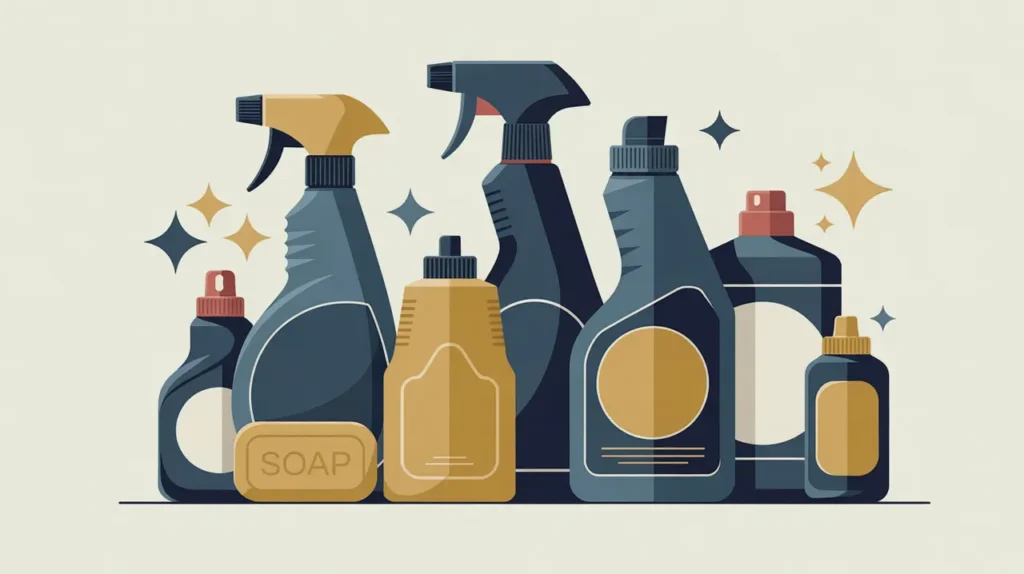Importance of Personal Care Products
Personal care products are central to health, hygiene, and wellbeing. They include items such as soap, shampoo, toothpaste, skincare, and grooming products that support daily routines and prevent disease. In international development, access to affordable and safe personal care products is closely linked to public health, dignity, and quality of life. For nonprofits and social innovators, personal care products matter because they reduce preventable illnesses, empower individuals through self-care, and support industries that generate local employment.
Definition and Features
Personal care products refer to goods designed for hygiene, grooming, and cosmetic use by individuals. Their defining features include:
- Health and Hygiene: products that prevent infection and promote cleanliness.
- Wellbeing and Confidence: supporting physical appearance and self-esteem.
- Economic Impact: a major global industry with local production and distribution opportunities.
- Regulation: oversight of safety, labeling, and quality standards.
How this Works in Practice
In practice, personal care products are produced and distributed by multinational corporations, local manufacturers, and informal vendors. For example, NGOs may run hygiene programs that distribute soap or menstrual hygiene products in schools, while social enterprises develop affordable, eco-friendly alternatives for underserved markets. Governments regulate safety standards and sometimes subsidize essential hygiene products. Challenges include affordability, counterfeit goods, cultural stigmas, and environmental concerns related to packaging and ingredients.
Implications for Social Innovation
Personal care products have significant implications for social innovation because they sit at the intersection of health, dignity, and sustainability. Innovations such as biodegradable packaging, reusable hygiene products, and inclusive product design expand access while reducing environmental harm. For proximate actors, access to safe and affordable personal care products supports both daily wellbeing and long-term health. Personal care products are essential for public health and human dignity.







